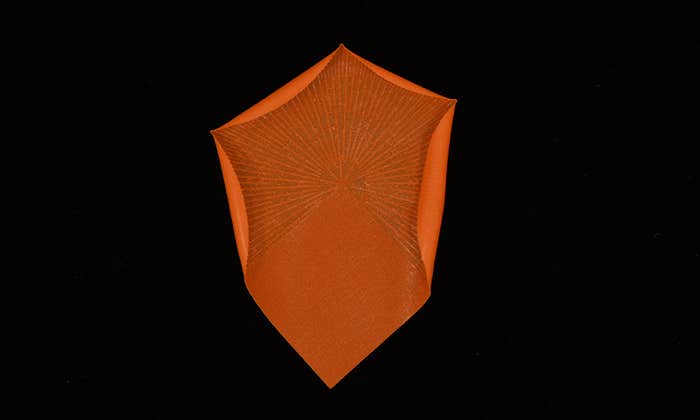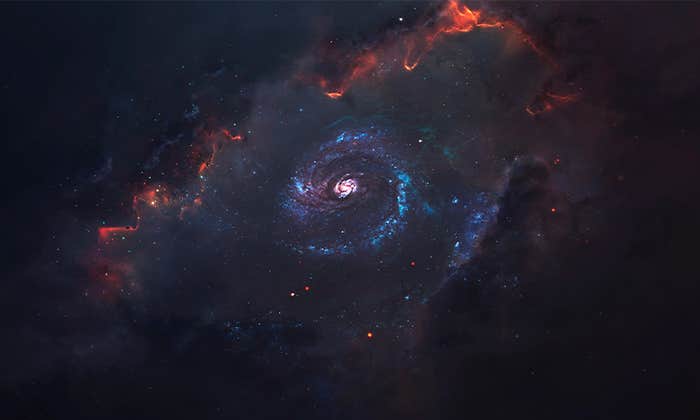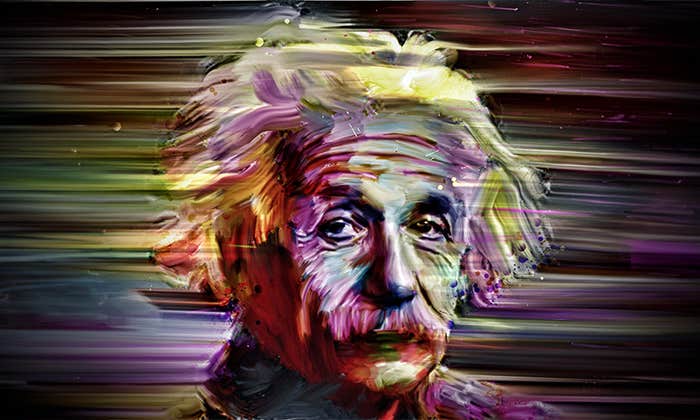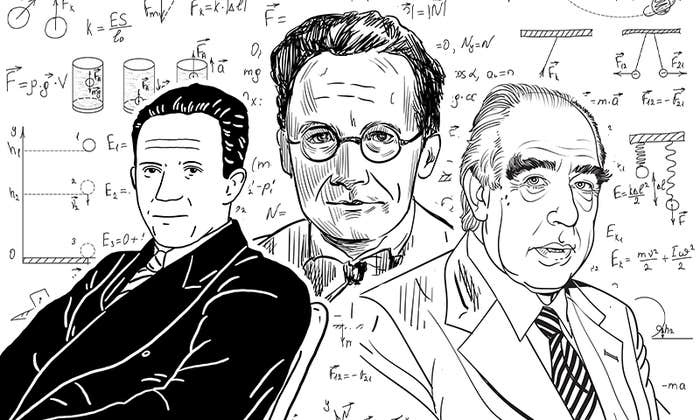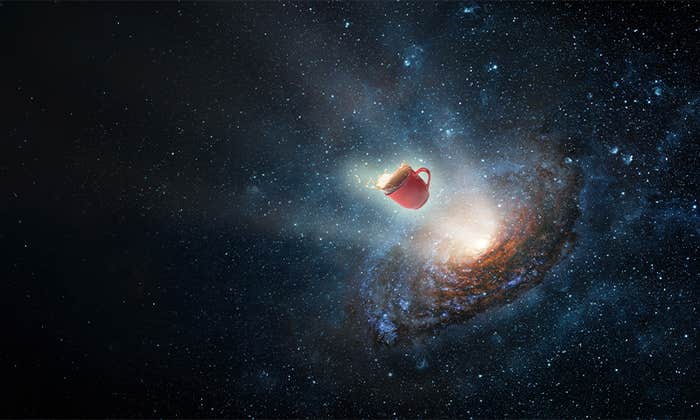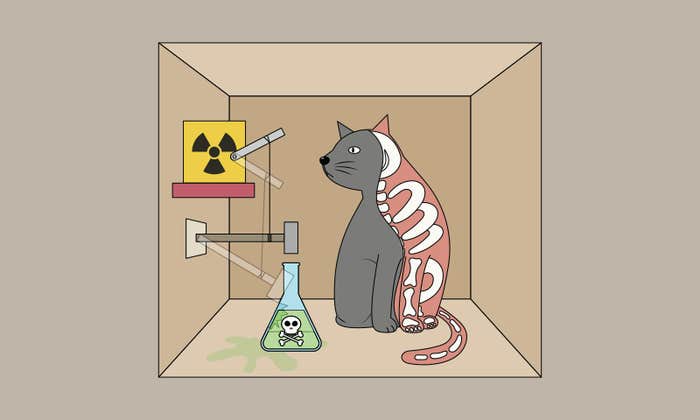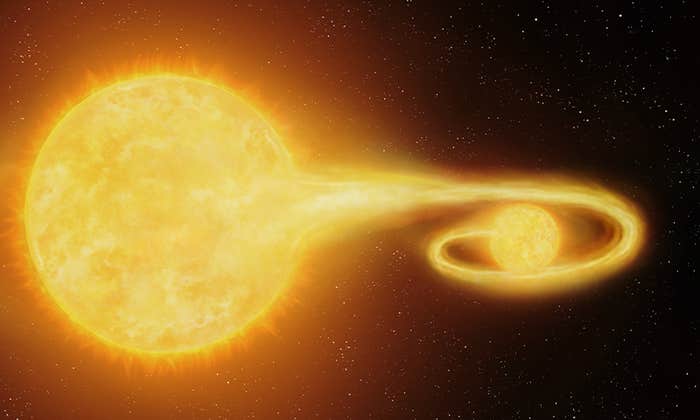Physics
401 articles-
The Kingdom of the Echo Thief
Eavesdropping on sound artist Chris Warren and his reverberation chamber -
The Stress Etched in Rose Petals
These symbols of romance are geometrical enigmas -
These Physicists Want to Ditch Dark Energy
The idea that mysterious stuff speeds up the acceleration of the universe could be a big mistake -
Feeling Gravity’s Pull
Two theoretical physicists have a lively conversation about how abstract concepts can feel down-to-Earth. -
Einstein’s Other Theory of Everything
After Einstein explained gravity as a consequence of curved spacetime, he tried to explain matter the same way. -
When Reality Came Undone
100 years ago, a circle of physicists shook the foundation of science. It’s still trembling. -
How Teacups and Demons Help Demystify Physics
The thought experiments illuminating black holes and other scientific problems. -
Confessions of a Theoretical Physicist
My life among the elementary particles has made me question whether reality exists at all. -
We Are Made of Waves
Everything in the universe, a playful new book argues, vibrates like a guitar string. -
How Schrödinger’s Cat Got Famous
Fifty years ago, science-fiction writer Ursula K. Le Guin popularized physics’ most enigmatic feline.
-
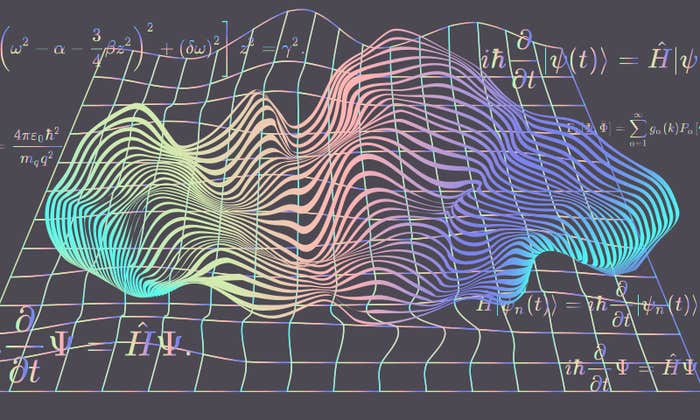
Making Light of Gravity
Physicist Claudia de Rham on her 3 greatest revelations while writing The Beauty of Falling: A Life in Pursuit of Gravity.
-

How Does Blood Splatter in Space?
Forensics has reached the final frontier, and could be used to solve future space accidents—or crimes.
-
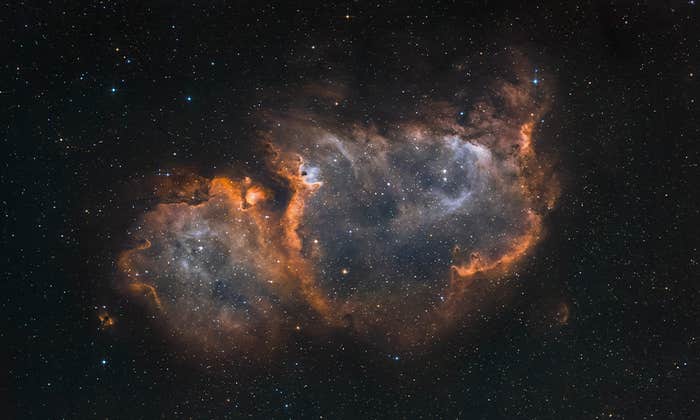
The End of the Dark Universe?
A new “post-quantum” theory of gravity says we can wave dark matter and dark energy goodbye.
-

Science Is the New Nuclear Deterrent
Sarah Scoles on her 3 greatest revelations while writing Countdown: The Blinding Future of Nuclear Weapons.
-
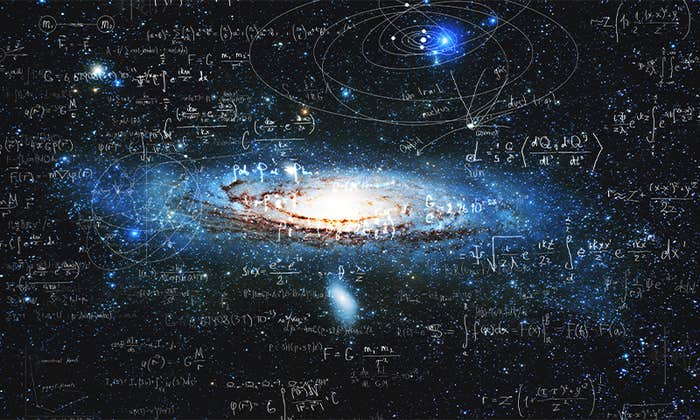
What Physicists Have Been Missing
An exciting new theory reconciles gravity and quantum physics. I think it’s wrong. But I may be too.
-
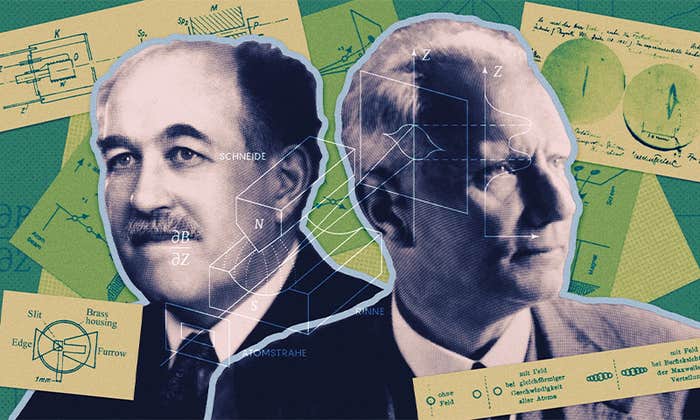
The Overlooked Experiment That Revealed the Quantum World
A century ago, the Stern-Gerlach experiment established the truth of quantum mechanics. Now it could build a bridge between the two pillars of modern physics.
-
The Astrophysicist Who Loves the Things We Cannot Know
A conversation with “rational mystic,” physicist Marcelo Gleiser. -
The Uncanny Sight of Waves Breaking on a Star
Something remarkable happens when this small sun zooms past its larger companion. -
Scientists Watch Broken Metal Heal Itself
Time to rewrite our understanding of structural engineering. -
Have We Gotten Dark Matter All Wrong?
Physicists have yet to pinpoint the hypothetical matter that keeps galaxies from flying apart. Now they have a new focus. -
Venmo, Meet Quantum Mechanics
A better way to secure digital payments.
















